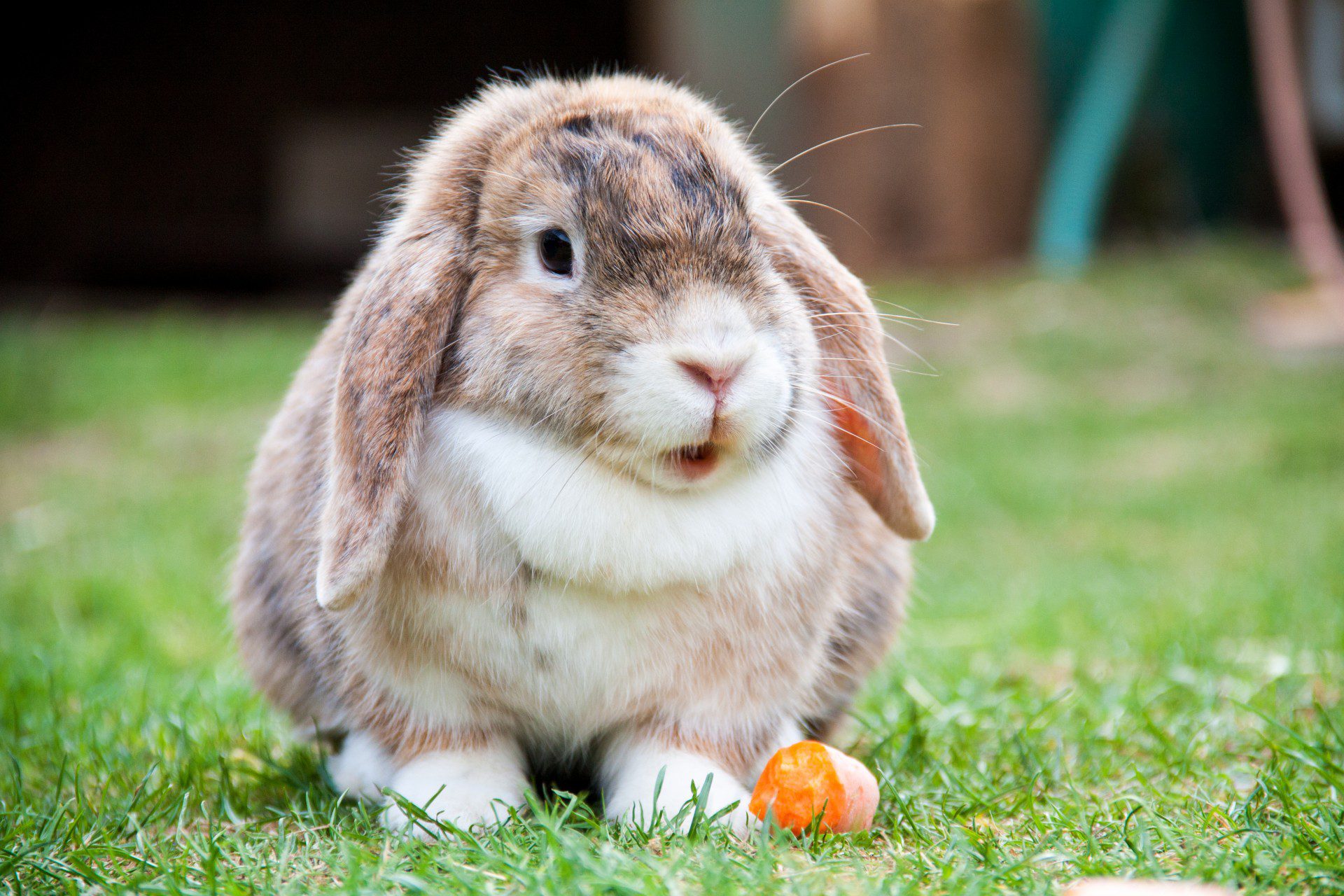If you’re the proud owner of a Mini Lop rabbit, you must be aware of the importance of providing your pet with a healthy diet. A mini lop diet should be designed to meet their specific nutritional needs, as well as provide a variety of flavors and textures to keep them interested. This article will provide all the information you need to know about feeding your Mini Lop rabbit the right diet for a healthy and happy life. Learn about the different types of food, nutritional requirements, and other tips to ensure your Mini Lop is getting the best diet possible.
Types of Mini Lop Diet
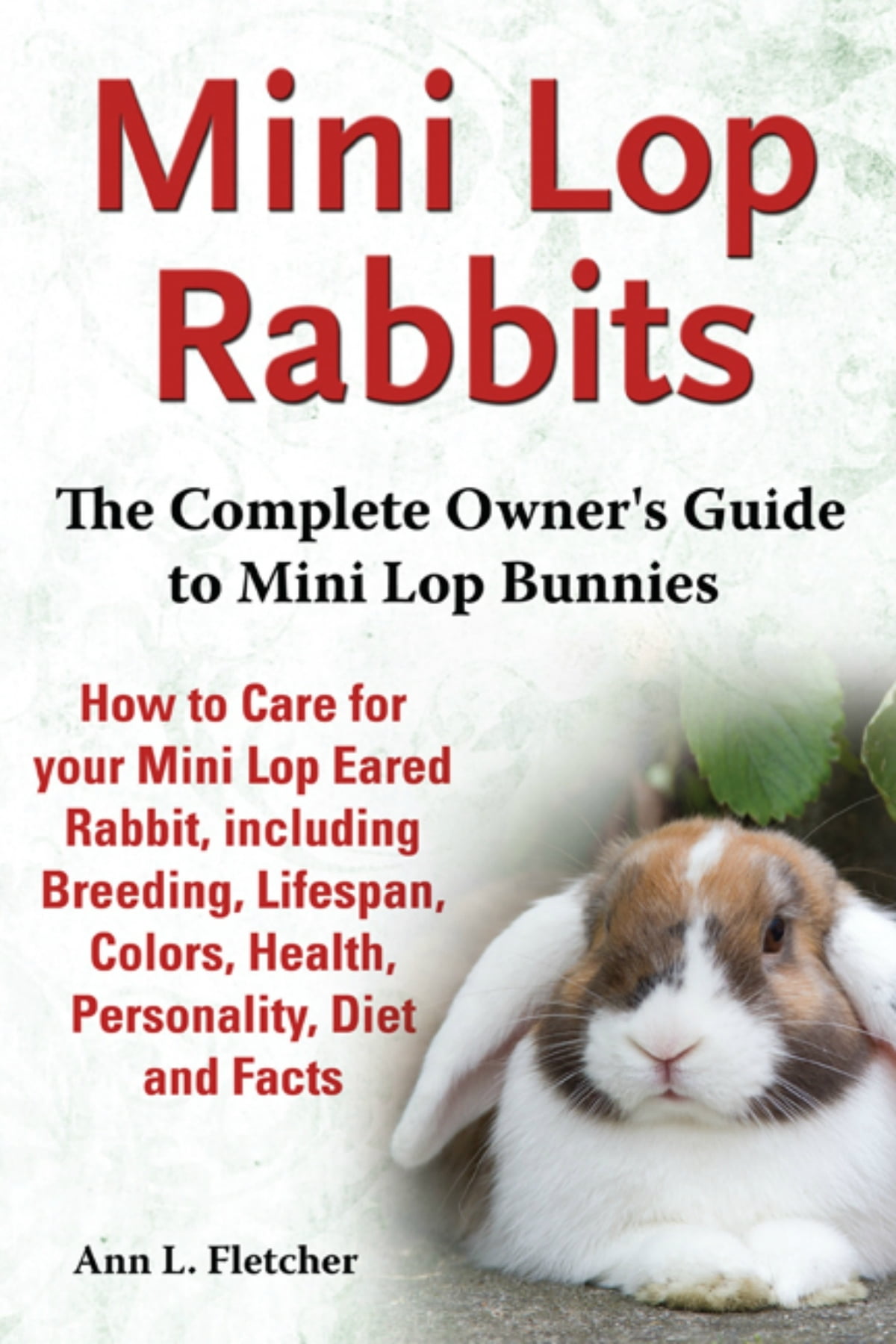
Hay
A Mini Lop diet should include hay as the main component. It is essential for keeping your rabbit’s digestive system healthy and providing them with proper nutrition. Hay should be available to them at all times and should be specifically designed for rabbits.
Vegetables
Vegetables should be fed to your Mini Lop in moderation, as they are high in sugar. Some suitable options include carrots, cabbage, parsley, and celery. It is important to introduce these foods slowly and monitor your rabbit’s reaction to them.
Pellets
Pellets are an important part of your Mini Lop diet, as they provide them with essential vitamins and minerals. They should be specifically designed for rabbits and should be fed in moderation. Pellets should not make up more than 10% of your rabbit’s diet.
Treats
Treats should be given sparingly, as they can cause your Mini Lop to become overweight. Some suitable options include small pieces of carrot, apple, or banana. It is important to remember that treats should be fed in moderation and should not replace their regular diet.
Overall, a healthy Mini Lop diet consists of hay, vegetables, pellets, and occasional treats. It is important to monitor your rabbit’s diet and ensure that they are getting the proper nutrition. By following these guidelines, you can ensure that your Mini Lop is healthy and happy.
How to Feed Your Mini Lop Bunny
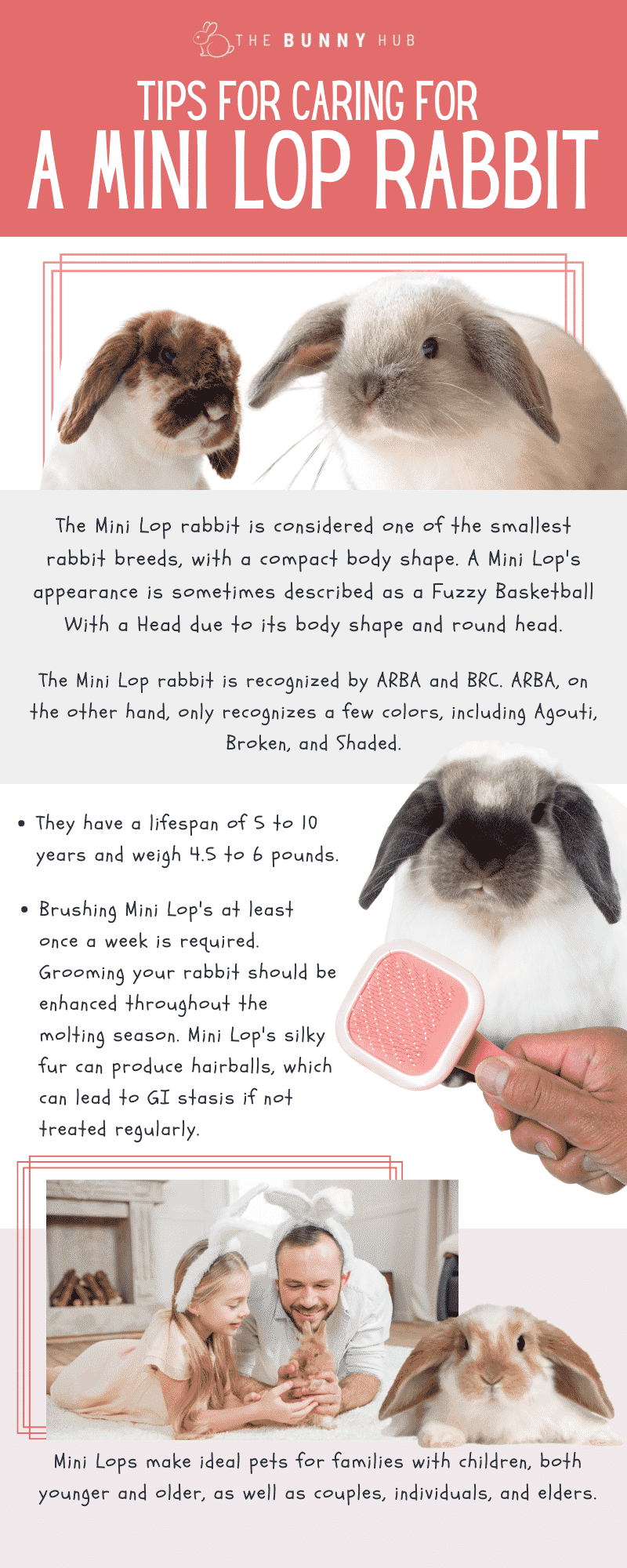
Hay: Mini Lop bunnies should have access to hay at all times. The best type of hay for your bunny is either Timothy hay or Meadow hay, which you can buy from your local pet store. Make sure you avoid any hay that has a strong smell or that contains mold. Feed your bunny about 1-2 handfuls of hay every day.
Vegetables and Fruits: Vegetables and fruits should make up 25-30% of your bunny’s daily diet. Offer your bunny a variety of fresh veggies, such as carrots, celery, bell peppers, and spinach. In addition, you can also give your bunny a few pieces of fresh fruit each day, such as apples, pears, and bananas.
Commercial Pellets: Commercial pellets should make up 10-15% of your mini lop’s diet. Choose a pellet that is specifically designed for mini lops and make sure that it is high in fiber and low in protein and calcium. Offer your bunny about 1/4 cup of pellets per day.
Treats: Treats should make up no more than 10% of your bunny’s diet. Offer your bunny a variety of treats, such as raisins, apples, carrots, and other vegetables. Make sure that you don’t overfeed your bunny with treats.
Water: Fresh water should always be available for your mini lop. Make sure that you change the water daily and keep the bowl clean.
Table of Recommended Food for Mini Lop Bunnies
| Food | Amount |
|---|---|
| Hay | 1-2 handfuls per day |
| Vegetables & Fruits | 25-30% of daily diet |
| Commercial Pellets | 10-15% of daily diet |
| Treats | No more than 10% of daily diet |
Nutritional Requirements of Mini Lops
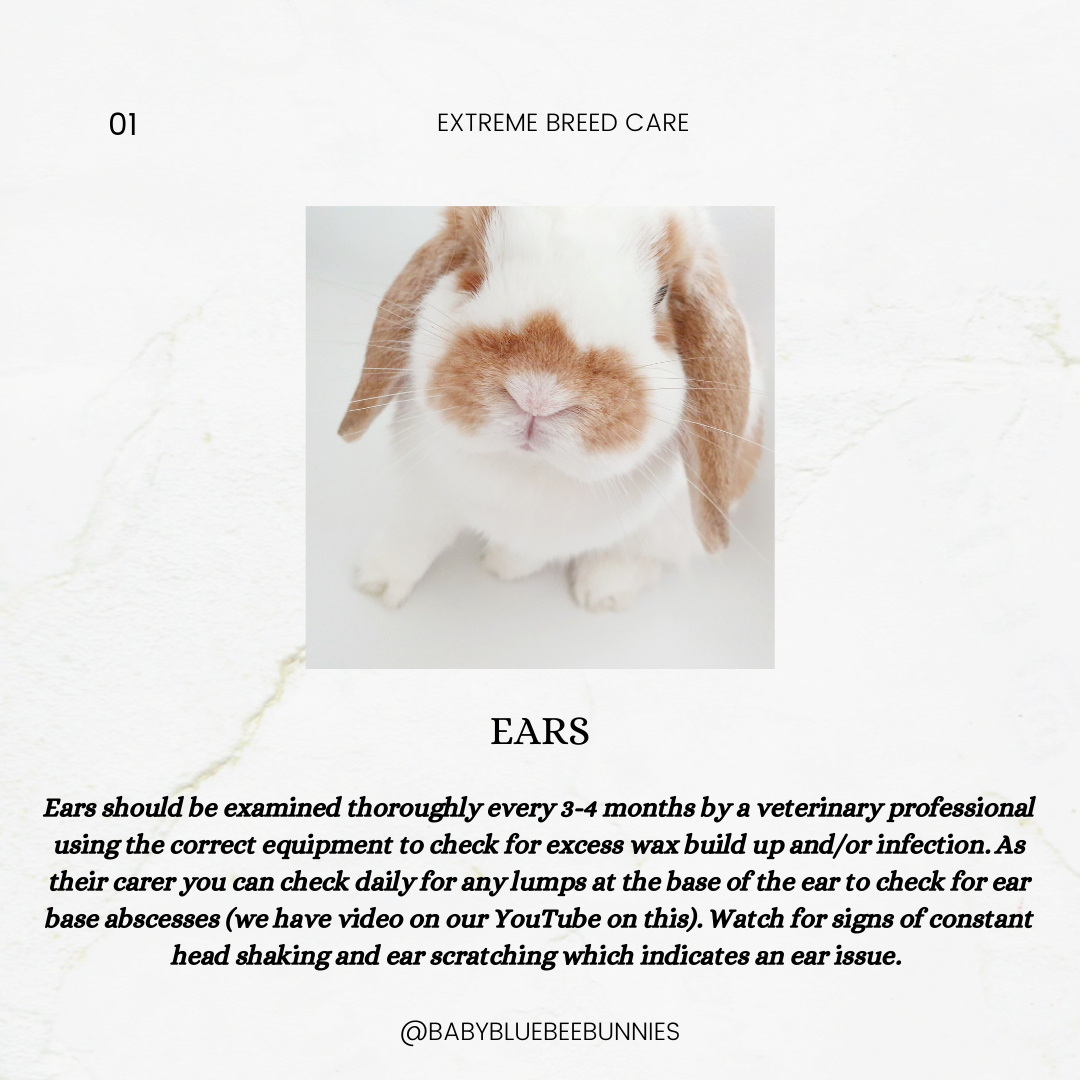
Vitamins
Mini Lops require a balanced diet to stay healthy and active. The most important vitamins for Mini Lops are Vitamin A, D, and E. Vitamin A helps with bone and eye development, Vitamin D helps with calcium absorption, and Vitamin E is essential for a healthy immune system.
Minerals
The most important minerals for Mini Lops are Calcium, Phosphorus, and Magnesium. These minerals are essential for healthy bones and teeth. Mini Lops also need Copper, Zinc and Selenium in their diet.
Water
Water is an essential part of a Mini Lop’s diet. Fresh, clean water should be available at all times. Rabbits are prone to dehydration, so it is important to make sure they always have access to enough water.
Optimal Feeding Schedule for Mini Lop Rabbits
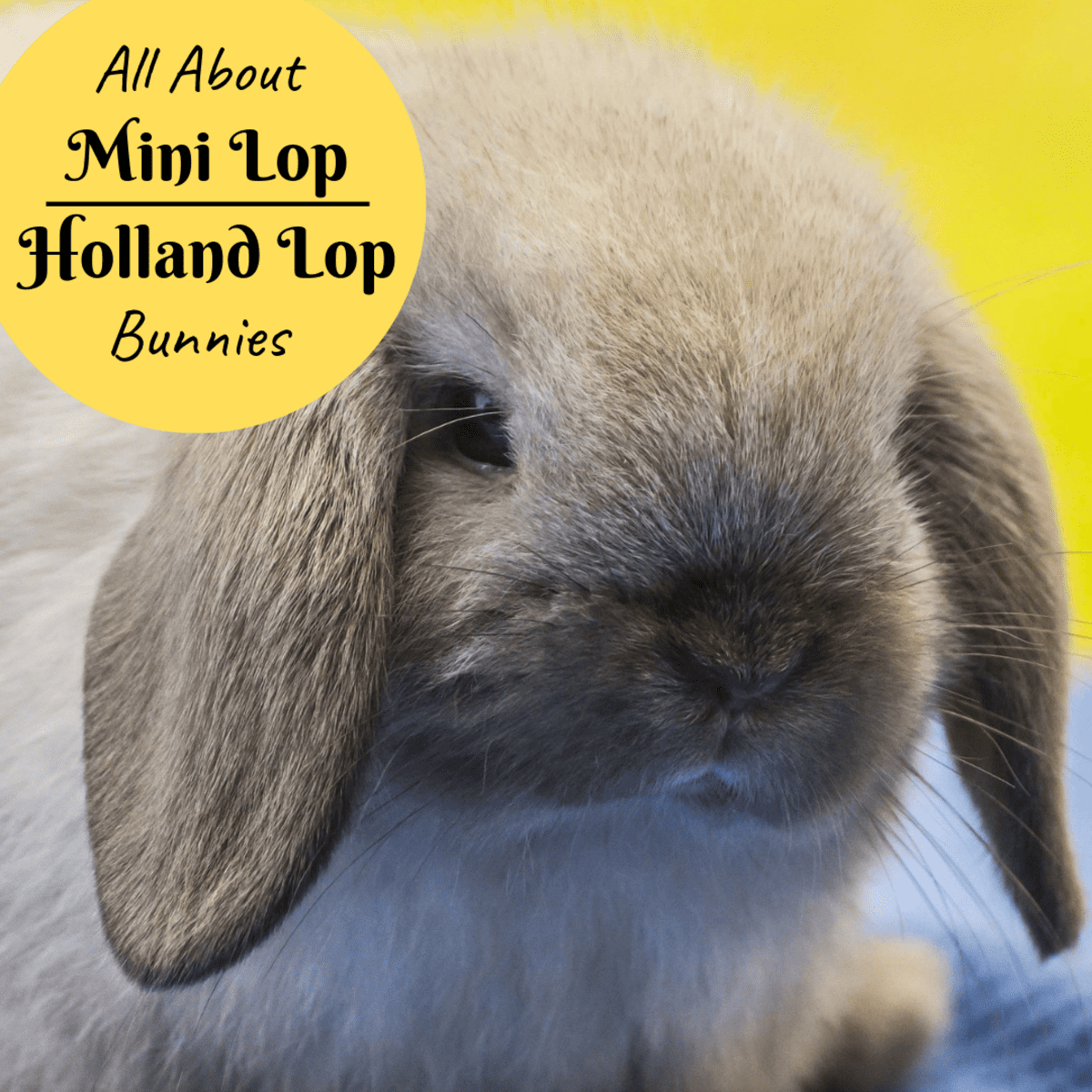
Hay: Mini Lop rabbits should have unlimited access to hay for the majority of their diet. Hay should be a mixture of grass and legume hay and should be available at all times. It is important to buy hay from a trusted source and to avoid hay contaminated with mold, dust, or pesticides.
Vegetables: Mini Lops should be offered a variety of vegetables daily. Options include dark leafy greens, root vegetables, and some fruits. Vegetables should make up about 10-15% of their diet and should be offered in small amounts.
Pellets: Mini Lops should be given a high-quality pellet formulated for their size and age. Pellets should make up no more than 10-15% of their diet and should be given in small, measured amounts.
Treats: Treats should only be given in very small amounts as they are high in sugar. Treats should not make up more than 5% of the diet. Options include hay-based treats and fresh vegetables.
Water: Fresh, clean water should be available at all times. A water bottle is the best option for Mini Lops as it prevents water contamination. The water should be changed daily and the bottle should be cleaned at least once a week.
Common Health Issues Related to Mini Lop Diet
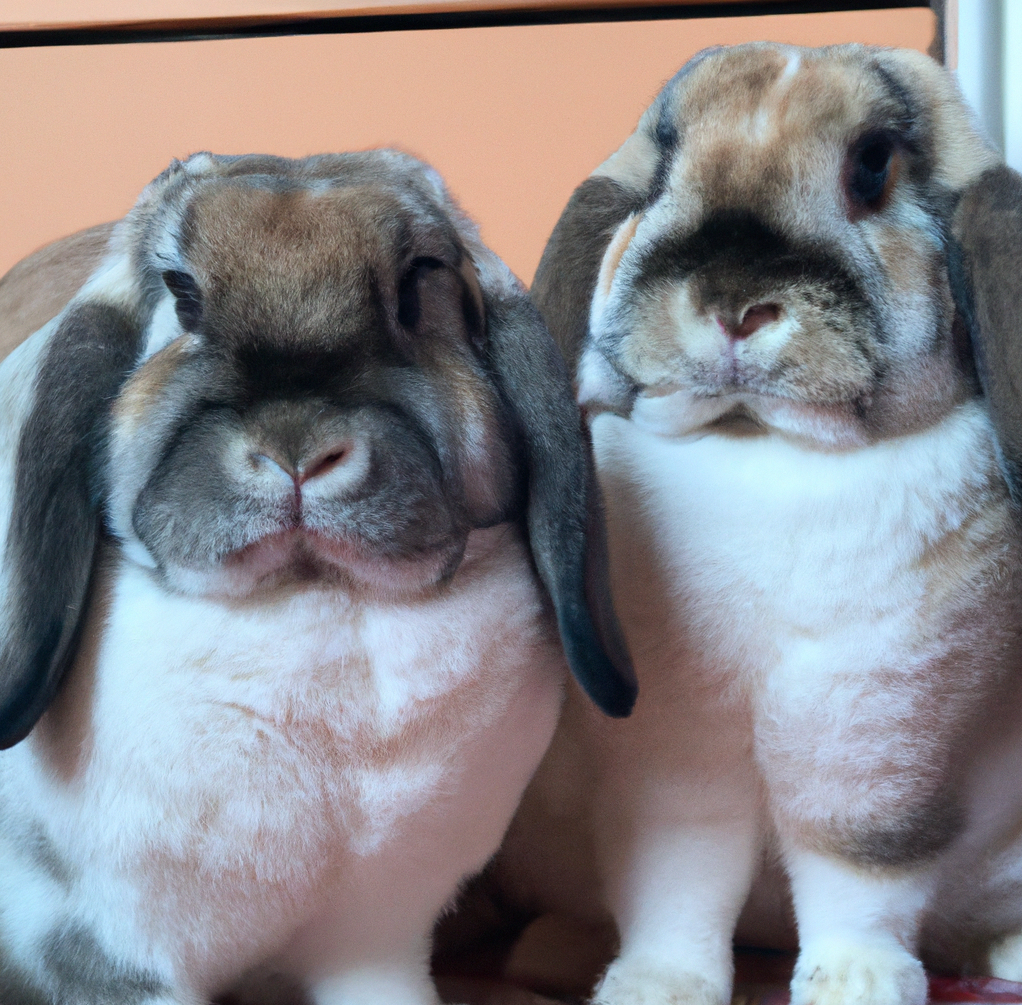
Gastrointestinal Stasis: Mini-lop rabbits are prone to gastrointestinal stasis, an obstruction of the intestines, which can be caused by an improper diet. Symptoms of gastrointestinal stasis include a decrease in appetite, vomiting, and weight loss.
Malocclusion: Malocclusion is a condition in which the teeth do not properly align. Improper diet can cause malocclusion, which can lead to pain, difficulty eating, and weight loss.
Hairballs: Mini-lop rabbits are prone to hairballs, which can cause vomiting, constipation, and weight loss.
Overweight: Overweight mini-lops can develop joint and heart problems, as well as digestive issues.
Underweight: Underweight mini-lops can develop anemia, poor immune system, and difficulty regulating body temperature.
Pasteurella: A bacterial infection caused by poor diet and hygiene, pasteurella can lead to respiratory problems and abscesses.
Giardia: Giardia is a parasitic infection caused by consuming contaminated food and water. Symptoms include diarrhea, vomiting, and weight loss.
Uterine Cancer: Poor diet can lead to an increased risk of uterine cancer in mini-lop rabbits.
How to Make Sure Your Mini Lop is Eating Properly
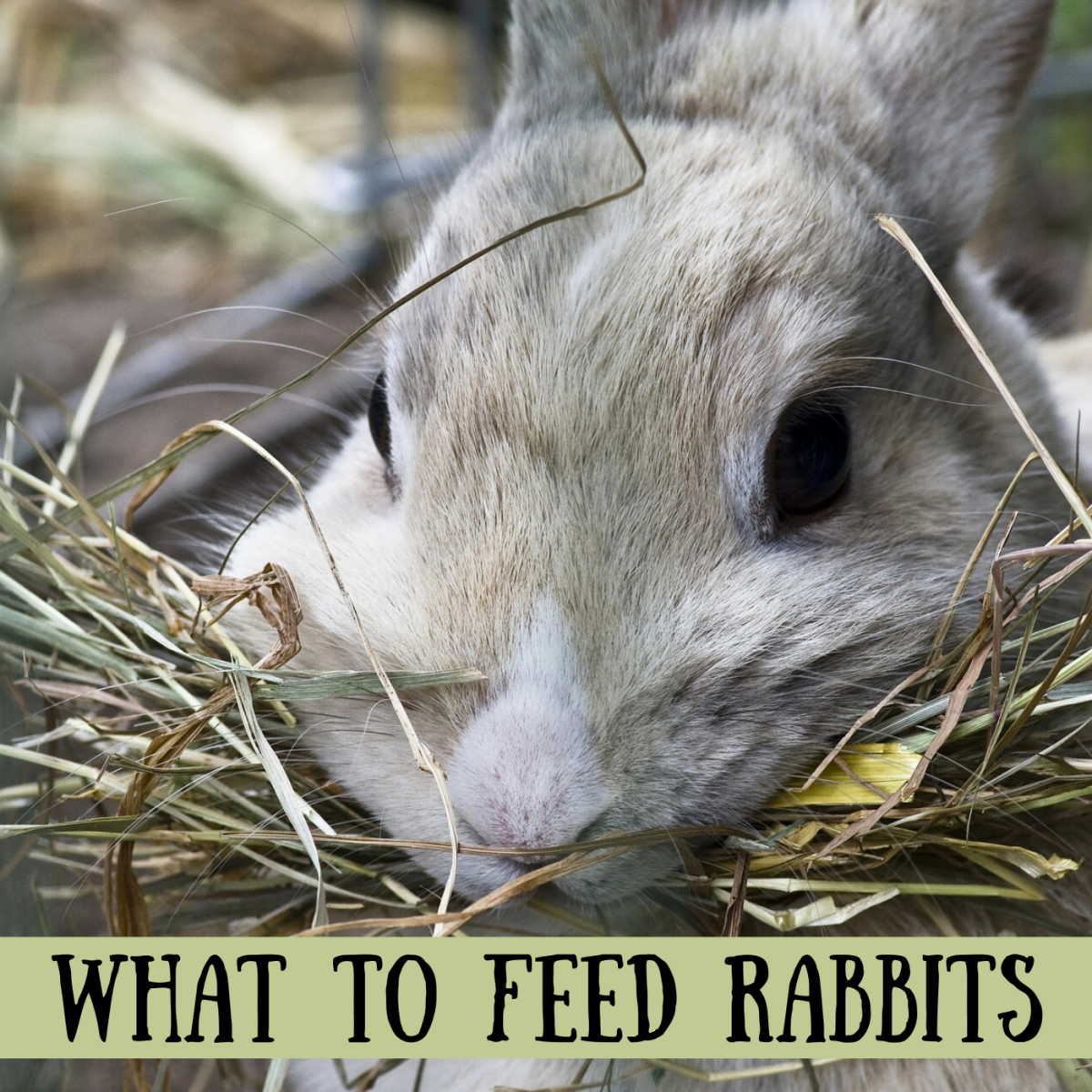
- Check the diet: Check the diet of your mini lop regularly to ensure that your rabbit is getting the nutrients it needs. A balanced diet of hay, fresh vegetables and a small amount of pellets should make up the majority of your rabbit’s diet.
- Provide fresh food: Make sure to provide your mini lop with fresh food and water daily. This will ensure that your rabbit is getting all the necessary nutrients for optimal health.
- Monitor eating habits: Pay close attention to your mini lop’s eating habits. If your rabbit is not eating enough, it may be a sign of illness or discomfort. Make sure to take your rabbit to the vet if you notice any changes in eating habits.
- Avoid too many treats: While treats can be a great way to bond with your mini lop, it is important not to give too many treats, as this can lead to obesity and other health problems.
- Clean food bowls: Make sure to clean your mini lop’s food bowls regularly to prevent the spread of bacteria and other contaminants.
- Stay consistent: Try to stay consistent with feeding times and the amounts of food you feed your rabbit. This will help your mini lop form a routine and establish healthy eating habits.
Tips to Make Sure Your Mini Lop is Eating a Balanced Diet
- Provide a High-Quality Pellet Food – Mini Lops need a high-quality pellet food to provide them with the necessary nutritional needs. Look for a pellet food that is specifically designed for Mini Lop rabbits, as these are typically higher in fiber, vitamins, and minerals than other types.
- Offer Fresh Vegetables – Offering your Mini Lop fresh vegetables is a great way to ensure they are getting the vitamins and minerals they need. Be sure to offer a variety of vegetables, including dark leafy greens, carrots, bell peppers, and squash.
- Monitor Food Intake – One of the most important tips for making sure your Mini Lop is eating a balanced diet is to monitor their food intake. Make sure they are eating enough food, but not overeating.
- Limit Treats – Treats should be given sparingly and should not make up a large portion of your Mini Lop’s diet. Offer a variety of healthy treats such as fresh fruits, nuts, and seeds.
- Provide Hay – Hay is an important part of a Mini Lop’s diet. Offer hay throughout the day to ensure your rabbit is getting the necessary fiber and vitamins.
Frequently Asked Questions
How Much Food Should I Give My Mini Lop Rabbit Each Day?
Vegetables: Feed your Mini Lop Rabbit 1/8 – 1/4 cup of fresh vegetables daily. Vegetables should be low in calcium, such as romaine lettuce, kale, spinach, arugula, and endive.
Fruits: Feed your Mini Lop Rabbit occasional treats of fruits such as apples, bananas, pears, and berries. Limit the amount of fruit to no more than 1/4 cup per day.
Hay: Hay should make up the majority of your Mini Lop Rabbit’s diet. Offer unlimited hay, preferably timothy or oat hay.
Pellets: Feed your Mini Lop Rabbit 1/8 cup of pellets each day. Choose a high-quality pellet that is specifically designed for rabbits.
Treats: Offer occasional treats such as carrots, celery, and herbs. Treats should not make up more than 10% of your Mini Lop Rabbit’s diet.
Water: Offer fresh, clean water in a bowl or bottle at all times. Change the water daily to ensure it is clean and fresh.
What Types of Food Should I Feed My Mini Lop Rabbit?
Mini Lops need a diet that is high in fiber and low in protein and calcium. Good foods to feed them include hay, fresh vegetables, and a small amount of pellets. Hay should be the main component of the diet, providing essential fiber and helping to keep their digestive systems healthy. Fresh vegetables, such as carrots, celery, and lettuce, provide important vitamins and minerals. Pellets should be offered in small amounts as a supplement. Treats should be fed in moderation.
Is Fresh Water Essential for a Healthy Mini Lop Rabbit Diet?
Yes, fresh water is an essential part of a healthy Mini Lop Rabbit diet. Fresh water should be available to the rabbit at all times and changed twice daily. Water can be provided in a water bottle or a bowl. Bowls are often preferred as rabbits enjoy playing in their water and will not do this with a water bottle.
What are the Benefits of Hay for My Mini Lop Rabbit?
Hay is a vital part of a Mini Lop rabbit’s diet, providing essential nutrients and preventing intestinal problems. High-quality hay is a great source of fiber and keeps the rabbit’s digestive system healthy. It also helps wear down and keep their teeth from overgrowing. Hay also encourages natural foraging behaviors and helps prevent boredom. It is also a great source of vitamins and minerals, as well as antioxidants. Most importantly, it helps keep a rabbit’s diet balanced and provides essential nutrition to keep them healthy and active.
Are there any foods that I should avoid feeding my Mini Lop Rabbit?
Yes, there are certain foods that should be avoided when feeding your Mini Lop Rabbit. It is important to avoid feeding your rabbit sugary treats, processed foods, fatty foods, and raw potatoes or potato products. All of these foods can cause serious health issues for your rabbit. Additionally, it is important to avoid feeding your rabbit any type of human food, as it can be dangerous for your rabbit’s health.
Conclusion
A balanced and nutritious diet is essential for a healthy mini lop rabbit. This includes a combination of hay, fresh vegetables, and occasional treats. Make sure to provide your rabbit with plenty of fresh and clean water, and to monitor their food intake to prevent overfeeding. With the right diet, you can ensure that your mini lop rabbit will stay healthy and happy.
